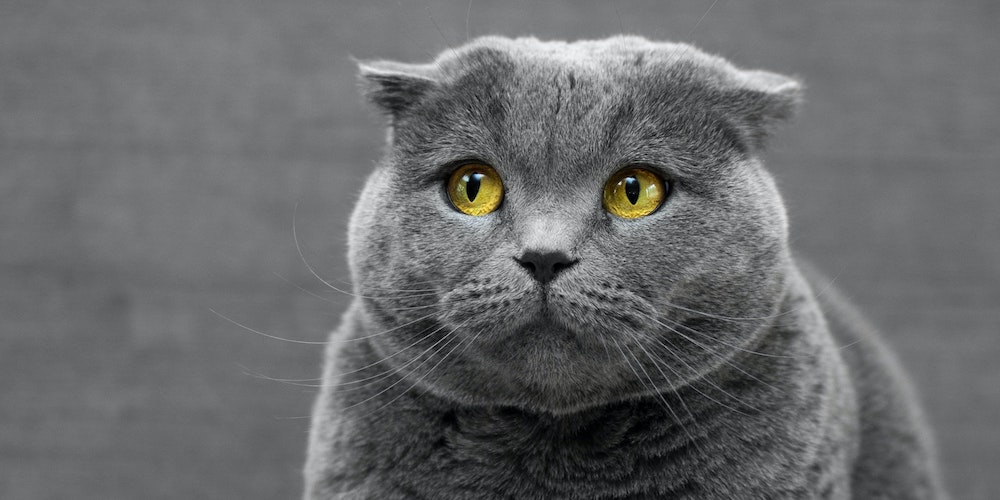Cats can become stressed and anxious when faced with certain situations and changes in their life, just like people. This stress can greatly affect your cat’s physical health and behaviour. So how do you know if your cat is stressed? We share some tell-tale signs, discuss why it may be occurring and explain how you can treat it.

A stressed cat may show a combination of physical and behavioural symptoms of stress throughout the day. Here are 5 signs you need to be aware of;
Diarrhoea or Vomiting
These two symptoms can indicate that your cat is unwell, and stress can play a major role in contributing to this.
Excess grooming
A cat that grooms itself over and over, is a sign of stress. In fact, some cats can be so stressed that they create large bald patches or sores on their coat from constant grooming.
Aggressive behaviour
Any aggressive behaviour directed towards you, your family or visitors can be a result of stress. The cat may also show aggression to other pets in the home.
Repeated pacing
Repeated pacing teamed with loud meowing is a sign that something is upsetting your feline friend.
Physical reactions
Ears rotating backwards or flatten downward indicates stress. It also can be accompanied by rippling and twitching skin on their back.
There are many factors that can cause your cat stress, however the most common are;

Before you attempt to make changes to help decrease your cat’s stress, ensure that you visit your vet to have any concerning symptoms checked. They can rule out any undiagnosed disease or illness in your cat.
Once you are sure that the symptoms are caused by the stress, the following changes can help to reduce stress in your cat’s life;
Reducing stress in your cat is important for your cat’s health. If you are concerned about your cat’s behaviour, feel free to contact the friendly staff at Karingal Veterinary Hospital to make an appointment or book online today.